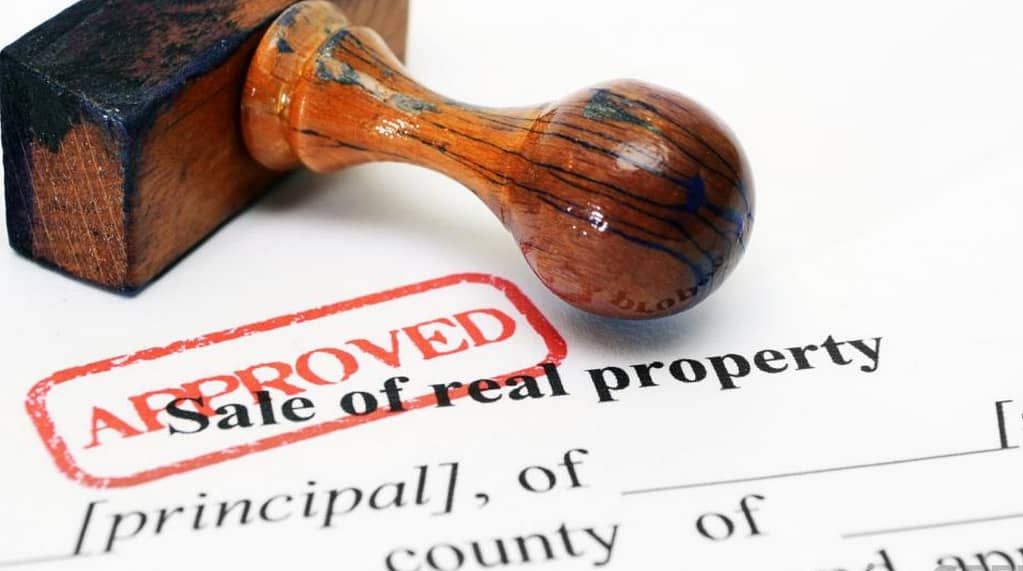Navigating the world of real estate, particularly when it comes to short sales, requires a delicate balance between financial considerations, market realities, and the intricacies of negotiation. As a seasoned realtor, I understand the importance of determining a reasonable offer on a short sale property. In this discussion, I will provide valuable insights into the factors that influence what constitutes a reasonable offer in the context of a short sale transaction.
Understanding Short Sale Basics
Before delving into what constitutes a reasonable offer on a short sale, let’s recap the essence of a short sale. A short sale occurs when a homeowner sells their property for less than the outstanding mortgage balance, with the lender’s approval. This option is often pursued by homeowners facing financial hardship, providing them with an alternative to foreclosure and a chance to minimize losses for lenders.
Factors That Influence a Reasonable Offer
Determining a reasonable offer on a short sale property is a multifaceted process that takes into account various factors:
1. Market Analysis
A comprehensive market analysis serves as a cornerstone for establishing a reasonable offer. Realtors meticulously assess recent sales of comparable properties in the area to gauge the current market value. This analysis provides a foundation for setting a realistic offer that aligns with prevailing market conditions.
2. Property Condition
The condition of the property significantly impacts its value and the reasonableness of an offer. Factors such as the property’s age, maintenance, and potential renovation needs play a role in determining an appropriate price point. Properties in better condition may command higher offers, while those needing substantial repairs might warrant lower offers.
3. Outstanding Debt and Liens
Realtors consider the outstanding mortgage debt and any potential liens on the property. The offer should take into account the total debt the homeowner owes, ensuring that the lender’s losses are minimized while still providing value to the buyer.
4. Local Real Estate Trends
Real estate trends can vary widely based on location. Factors such as supply and demand, economic conditions, and neighborhood desirability influence property values. A reasonable offer takes into account these local dynamics to reflect the property’s true worth.
5. Lender and Investor Considerations
Lenders and investors are key players in short sale negotiations. The offer’s reasonableness should align with their willingness to accept a lower sale price, taking into account their goals of mitigating losses and minimizing the impact of a distressed property.
6. Buyer’s Intentions
Buyers’ intentions also come into play. Some buyers may be motivated to make a reasonable offer for personal use, while others may be investors seeking to secure a property at a lower price for potential future gains.
7. Negotiation Strategy
Negotiation skills play a significant role in the short sale process. A reasonable offer sets the stage for productive negotiations between the buyer’s agent, the homeowner’s agent, and the lender’s loss mitigation department.
Strategies for Making a Reasonable Offer
Given the complex nature of short sales, here are some strategies that buyers and their agents can employ to arrive at a reasonable offer:
1. Consult with a Realtor
Working with a knowledgeable realtor is essential. Realtors possess insights into local market conditions, property values, and negotiation tactics, ensuring that the offer aligns with the property’s true worth.
2. Assess Comparable Sales
A thorough assessment of comparable sales provides an objective benchmark for determining the property’s value. This analysis allows buyers to gauge whether the offer is in line with prevailing market trends.
3. Factor in Repairs and Renovations
Considering potential repairs and renovations is crucial. If the property requires substantial work, adjusting the offer to account for these expenses is a practical approach.
4. Communicate with the Listing Agent
Open communication with the listing agent can provide valuable insights into the property’s condition, history, and the lender’s expectations. This dialogue helps buyers tailor their offers more effectively.
5. Be Prepared for Negotiations
Buyers should be prepared for potential negotiations with the lender. Having a clear understanding of the property’s value and a well-reasoned offer provides a strong foundation for constructive discussions.
The Role of a Realtor in Determining a Reasonable Offer
As a realtor, my role in guiding buyers through the process of determining a reasonable offer is pivotal:
- Expert Analysis: I conduct a thorough market analysis to assess the property’s value and provide buyers with an accurate picture of market trends.
- Balancing Factors: I help buyers balance factors such as property condition, local trends, and lender considerations to arrive at an offer that strikes the right balance between value and affordability.
- Negotiation Expertise: I leverage negotiation skills to advocate for buyers’ interests and engage in productive discussions with the homeowner’s agent and the lender.
- Transparent Communication: I ensure transparent communication between all parties, facilitating a smooth negotiation process and increasing the likelihood of a successful outcome.
Conclusion
Determining a reasonable offer on a short sale property involves a thoughtful blend of market analysis, property evaluation, and negotiation strategy. As a realtor, my commitment is to guide buyers through this intricate process, helping them arrive at an offer that aligns with the property’s value, financial goals, and the lender’s considerations. By approaching the determination of a reasonable offer with diligence and expertise, buyers can navigate the world of short sales effectively and secure an outcome that benefits all parties involved.










